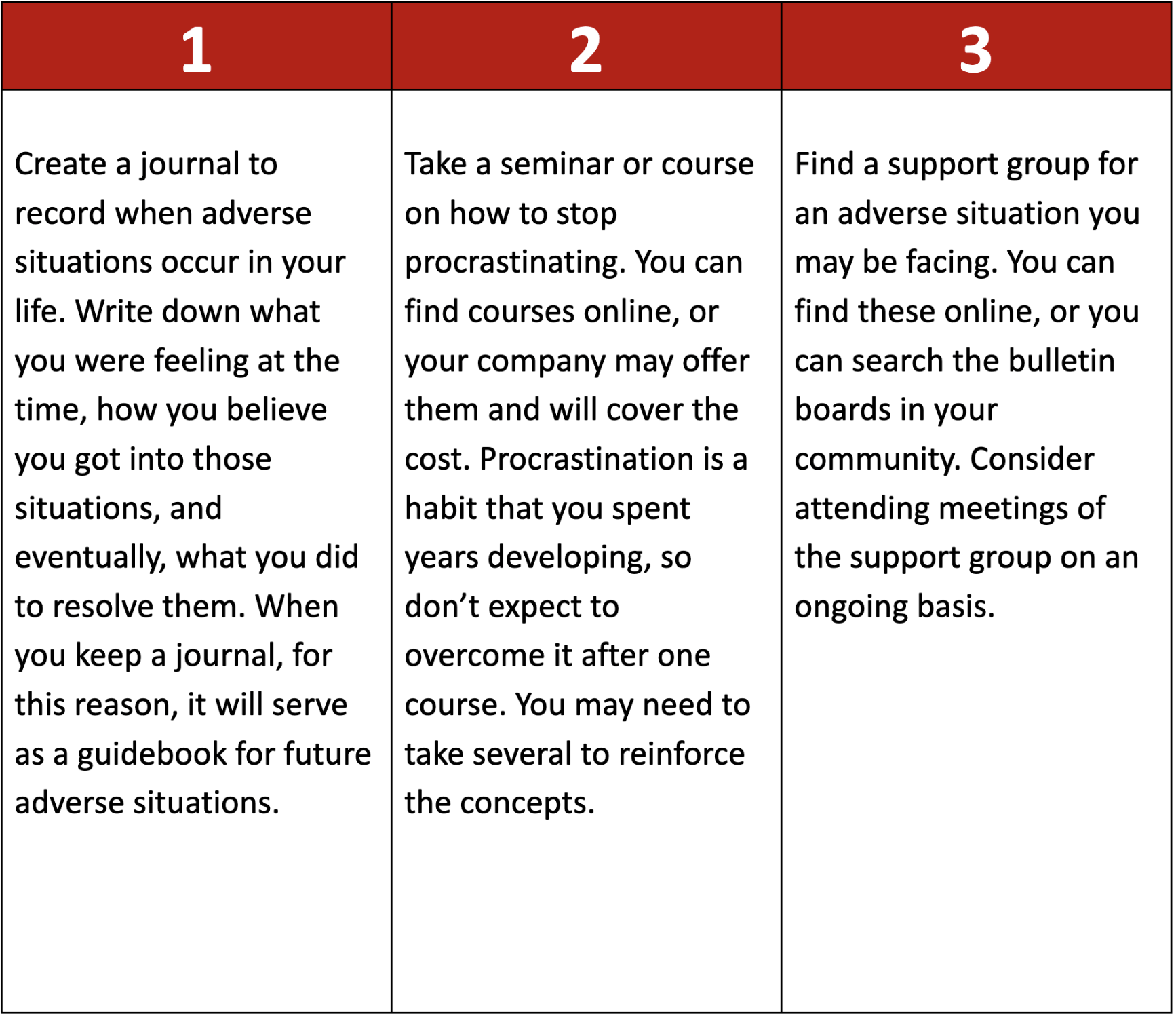Resilience & Mental Health: Turning Adversity Into Growth

Table of Contents
Understanding Resilience: What It Is and Why It Matters
Defining Resilience
Resilience is the ability to bounce back from adversity, cope with stress, and adapt to change. It's not about avoiding hardship, but about navigating it effectively and emerging stronger. Resilience is paramount for mental health and overall wellbeing, acting as a buffer against the negative impacts of stress and trauma. Low resilience, on the other hand, can significantly increase the risk of developing anxiety, depression, and other mental health challenges.
- Examples of resilient behaviors:
- Problem-solving skills: Effectively identifying and addressing challenges.
- Optimism: Maintaining a positive outlook, even in difficult situations.
- Seeking support: Reaching out to friends, family, or professionals for help.
- Adaptability: Adjusting to changing circumstances and unexpected events.
- Self-efficacy: Believing in your ability to cope with challenges.
The impact of low resilience on mental health can be profound, manifesting as:
- Increased susceptibility to anxiety disorders.
- Higher risk of developing depression.
- Difficulty managing stress effectively.
- Reduced ability to cope with loss or setbacks.
- Impaired overall psychological wellbeing.
The Science of Resilience
Resilience isn't just a personality trait; it's rooted in complex neurological and psychological mechanisms. Our brains are wired to respond to stress, but resilient individuals demonstrate a quicker recovery from these responses.
- Specific brain regions involved in stress response and recovery: The amygdala (processes fear and stress), hippocampus (memory consolidation), and prefrontal cortex (executive functions) play crucial roles.
- The role of neurotransmitters: Neurotransmitters like serotonin (mood regulation) and dopamine (reward and motivation) are essential in resilience. Healthy levels support positive emotional regulation and coping.
- The impact of positive psychology: Positive psychology emphasizes strengths and positive emotions, fostering a sense of hope, optimism, and meaning—all crucial components of resilience.
Building Your Resilience: Practical Strategies and Techniques
Cultivating a Growth Mindset
A growth mindset—believing that abilities and intelligence can be developed through dedication and hard work—is fundamental to resilience. It allows you to view challenges as opportunities for learning and growth rather than insurmountable obstacles.
- Examples of growth mindset statements: "I can learn anything I set my mind to," "Challenges help me grow," "Mistakes are opportunities to learn."
- Techniques for reframing negative thoughts: Cognitive restructuring helps identify and challenge negative thought patterns, replacing them with more realistic and positive ones.
- The power of self-compassion: Treating yourself with kindness and understanding during difficult times is essential for building resilience.
Developing Coping Mechanisms
Healthy coping mechanisms are essential for managing stress and negative emotions. These strategies help regulate your emotional response and prevent overwhelming feelings.
- Mindfulness techniques: Meditation and deep breathing exercises calm the nervous system and improve emotional regulation.
- Physical activity: Exercise releases endorphins, reducing stress and improving mood. Regular physical activity is a powerful tool for building resilience.
- Social support: Connecting with supportive friends, family, or support groups provides a sense of belonging and reduces feelings of isolation.
- Seeking professional help: Don't hesitate to reach out to a therapist or counselor if you're struggling to cope. They can provide guidance and support in developing effective coping strategies.
Building Strong Social Connections
Strong social connections are a cornerstone of resilience. Supportive relationships provide a sense of belonging, security, and emotional support during challenging times.
- The importance of strong family and friend connections: These relationships offer unconditional love, acceptance, and practical assistance.
- Benefits of joining support groups or communities: Connecting with others facing similar challenges provides a sense of community and shared experience.
- Nurturing healthy relationships: Investing time and effort in building and maintaining positive relationships enhances overall wellbeing and resilience.
Resilience and Mental Health Conditions
Resilience in the Face of Trauma
Trauma can have a profound impact on mental health. However, resilience plays a crucial role in recovery. Even after experiencing significant trauma, individuals can develop coping mechanisms and build a life of meaning and purpose.
- Importance of seeking professional help for trauma: Therapy, particularly trauma-focused therapies like EMDR (Eye Movement Desensitization and Reprocessing), can help process traumatic experiences and reduce their impact.
- Techniques for processing trauma: Various therapeutic approaches can help individuals understand, process, and integrate traumatic memories.
- The long-term impact of resilience on recovery: Resilience fosters hope, self-efficacy, and the ability to rebuild one's life after trauma.
Resilience and Chronic Mental Illness
Resilience is not a cure for chronic mental illnesses like depression and anxiety, but it significantly impacts their management and overall quality of life.
- Strategies for building resilience alongside treatment: Combining therapy, medication, and self-care practices strengthens overall coping skills.
- The importance of self-care and maintaining routines: Consistent self-care, including healthy eating, sleep hygiene, and regular exercise, supports mental wellbeing.
- The role of hope and optimism in managing chronic illness: Maintaining a hopeful outlook and a belief in recovery are powerful tools in managing chronic conditions.
Conclusion
Developing resilience is an ongoing process, a journey towards a stronger, more adaptable you. By understanding the science behind resilience and implementing the practical strategies outlined above, you can significantly improve your mental health and navigate life's challenges with greater ease. Remember, building resilience is an investment in your wellbeing—one that yields immeasurable rewards. Start cultivating your resilience today, and transform adversity into growth. Learn more about building your resilience and improving your mental health by exploring additional resources on resilience techniques.

Featured Posts
-
 Film Critics Weigh In Jennifer Lawrences New Release
May 20, 2025
Film Critics Weigh In Jennifer Lawrences New Release
May 20, 2025 -
 Examining Pragmatism And Moral Agency In Nigeria Through The Lens Of The Kite Runner
May 20, 2025
Examining Pragmatism And Moral Agency In Nigeria Through The Lens Of The Kite Runner
May 20, 2025 -
 Texas Lawmakers Seek To Limit Childrens Social Media Use
May 20, 2025
Texas Lawmakers Seek To Limit Childrens Social Media Use
May 20, 2025 -
 Hmrc Tax Letters A Guide For Uk Homeowners
May 20, 2025
Hmrc Tax Letters A Guide For Uk Homeowners
May 20, 2025 -
 Philippines Us Military Exercises Balikatans Enhanced Scope And Objectives
May 20, 2025
Philippines Us Military Exercises Balikatans Enhanced Scope And Objectives
May 20, 2025
